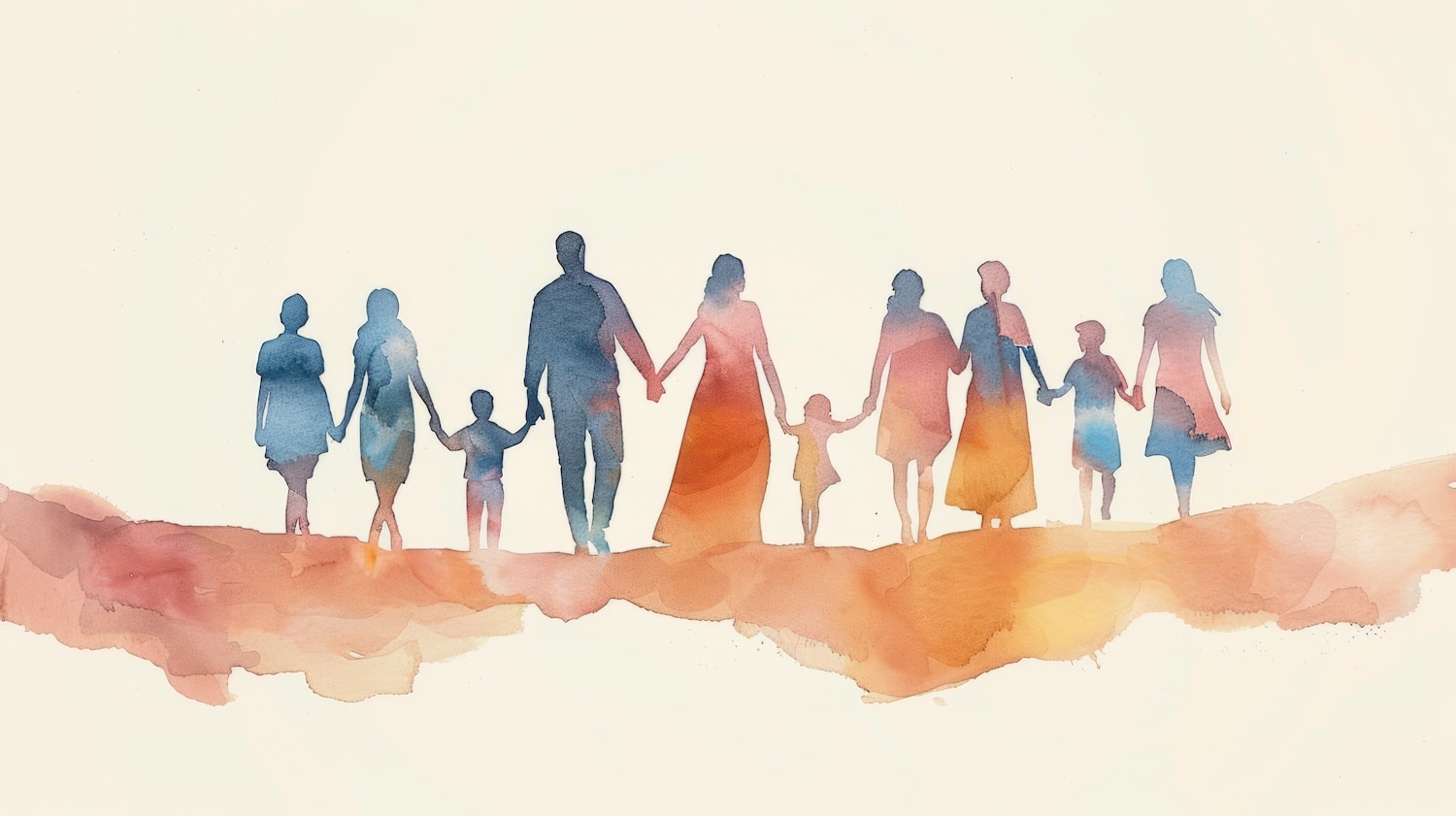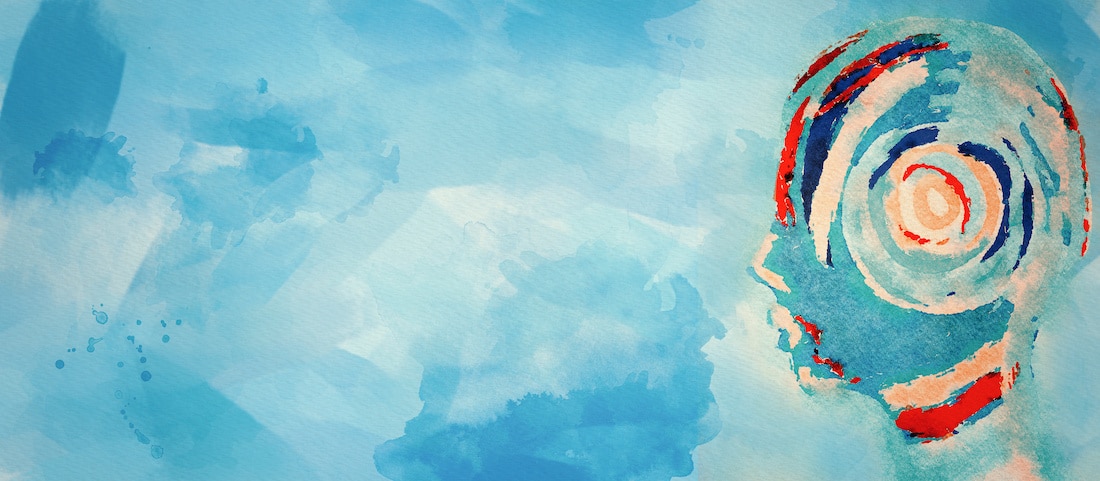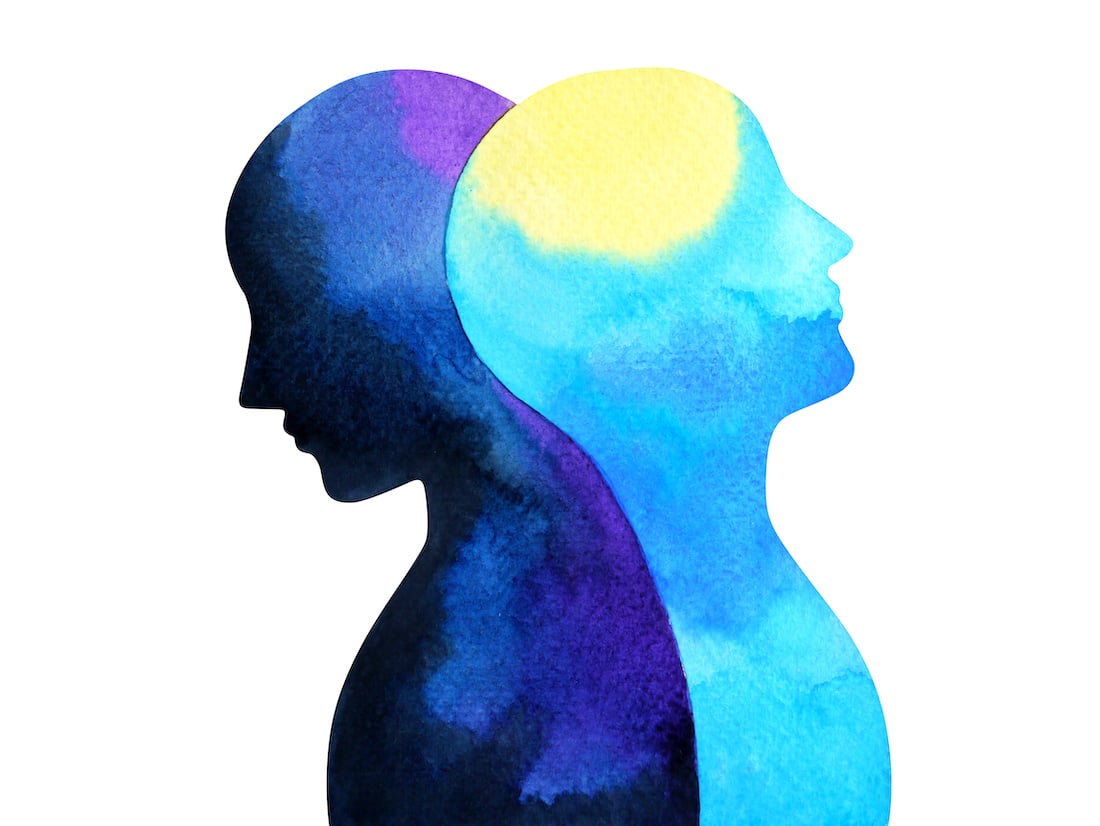Each year, one in five adults in America experience a mental illness, according to the National Alliance on Mental Illness. Mental illness affects not only the person suffering, but everyone around them, making it important to learn more about symptoms, treatment, and recovery.
Problems stemming from a mental illness diagnosis can contribute to an onset of more serious, long-term conditions such as major depression, bipolar disorder, and schizophrenia. In the United States, the numbers of those suffering from these mental illnesses are staggering:
- 4 million American adults live with schizophrenia
- 1 million American adults live with bipolar disorder
- 16 million American adults live with major depression
With one-half of chronic mental illnesses beginning by age 14, there is often a prolonged delay in the time symptoms first appear to when individuals get help. Early identification and treatment can make a significant difference in successful management and recovery. It is important to know you are never alone, and talking to your doctor is the first step if you are concerned about your mental health or are experiencing symptoms.
For example, major depression is a mental illness that is more than temporary sadness and can include a combination of any of the following symptoms.
- Depressed mood (sadness)
- Poor concentration
- Insomnia
- Fatigue
- Disturbance of appetite
- Feelings of guilt
- Thoughts of suicide
Bipolar disorder is different than the typical “ups and downs” we often experience, and symptoms are not the same for everyone. Some people may have intense “highs,” while others experience a state of depression, or have dramatic shifts in mood, energy, and ability to think clearly. Manic episodes of the disorder involve a combination of symptoms that include:
- Euphoria
- Surges of energy
- Reduced need for sleep
- Grandiosity
- Talkativeness
- Extreme irritability
- Agitation
- Pleasure-seeking
- Increased risk-taking behavior
Schizophrenia is a thought disorder that affects an individual’s ability to think clearly, manage their emotions, and relate to others. If left untreated, it may involve psychosis, or a difficulty perceiving what is real and what is not. Symptoms of schizophrenia can include:
- Difficulty with memory
- Difficulty in organizing thoughts
- Lack of content in speech
- Emotional flatness
- Inability to start or follow through with activities
- Inability to experience pleasure
- Delusions
- Hallucinations
Often, people struggle with symptoms for a prolonged period and try outpatient therapy and programs unsuccessfully, others have even been hospitalized due to their symptoms. The next step of treatment can be a residential care program, such as Pasadena Villa, which provides treatment options for adults with cognitive, emotional, and social disorders. A residential program is a high-intensity program with a longer stay to find alternatives to reduce the impact of their symptoms. Pasadena Villa offers a comprehensive treatment program that teaches clients new and different ways to cope as they move toward an independent life. In combination with the traditional family, individual, group, and expressive arts therapy, Pasadena Villa’s Social Integration ModelTM is part of our approach. Social integration therapy is based on real-time therapeutic interventions while experiencing real-life situations. Clients not only participate in social and life skill concepts at the moment, but work with our trained clinicians to analyze, and process the results to help build interpersonal skills and rebuild relationships with their community, family, and friends.
It is important to discuss mental illness year round; however, October 1-7 is Mental Illness Awareness Week, a specific time set aside to raise awareness, learn more about the effects, educate one another and learn how we can offer support to those who are suffering. Also, during this week, Thursday, October 5 is National Depression Screening Day, a voluntary, mental health screening initiative. Screening for Mental Health offers free, anonymous screenings to help identify potential signs of depression.
If you are or a loved one is suffering from symptoms of a mental illness, now is the time to get help. You do not have to face this challenge alone, Pasadena Villa can help. Call us at 407-215-2519 or complete our contact form to help with the next steps of treatment.



